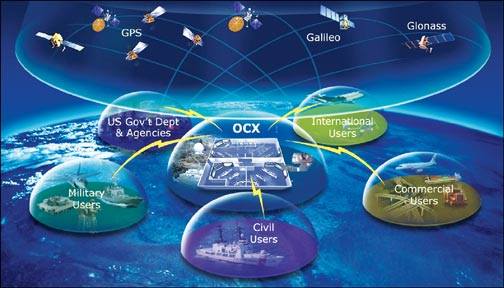Image: U.S. Space Force
What’s New: The new, cybersecure ground segment for GPS has been delayed another year.
Why It’s Important: Improved cybersecurity and fully enabling M-Code for military users hinges upon having OCX in place.
What Else to Know:
- Space Force has said it is waiting to green light use of the civil L-5 signal until OCX is operational.
- OCX has a long and troubled history that includes many years of delay (it was supposed to be operational in 2011) and billions in cost overruns (original cost est. was $3B, now it is $7B+).
- The program breached the Nunn-Mcurdy Act in 2016.
- For more background on this long saga, search “OCX” on our site.

Ground system for jam-resistant GPS delayed again to July 2025 at earliest, Pentagon tester says
The continuing delays in making the GPS jam-resistant M-Code signal available to military users “increase risk that U.S. and allied warfighters will be unable to conduct successful operations in future contested environments due to the lack of access to modernized GPS position, navigation, and timing (PNT) information,” the 2023 Annual Report of the Director of Operational Test & Evaluation finds.
ORLANDO — The long-troubled ground system needed for the Space Force to have “full control” of the jam-resistant, military-only GPS signal is facing yet another delay — and now won’t be ready for use until July 2025, according to the latest report by Pentagon’s testing office.
The Next-Generation Operational Control System (OCX) is facing a new delay of 16 months, according to the 2023 Annual Report of the Director of Operational Test & Evaluation (DOT&E).
“This 16-month delay is in addition to last year’s reporting of a 9-month delay from the FY21 Annual Report. The Space Force plans to operationally accept OCX in July 2025,” the report says.


